August 2025 Board Update
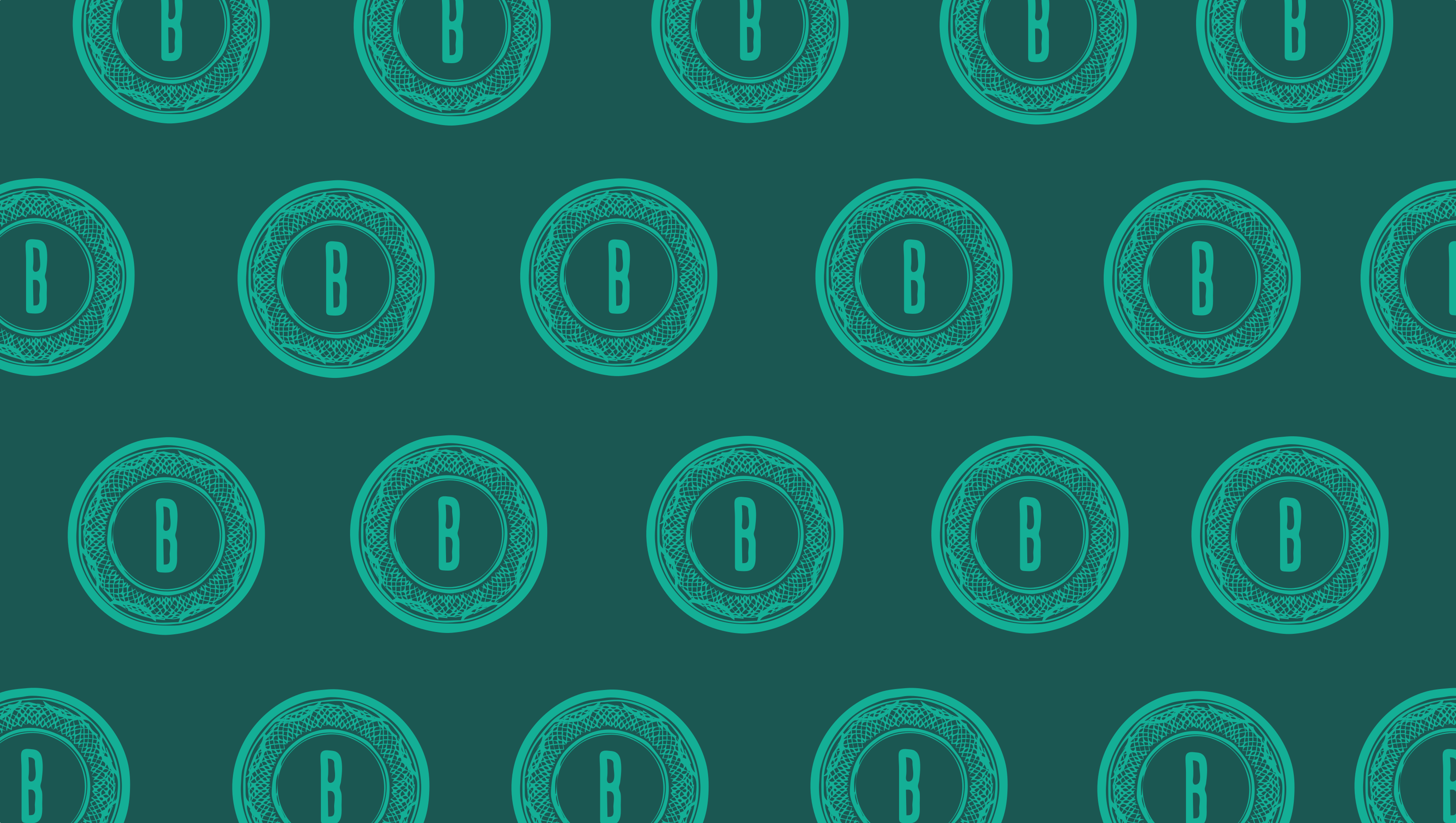
Bertha Stories
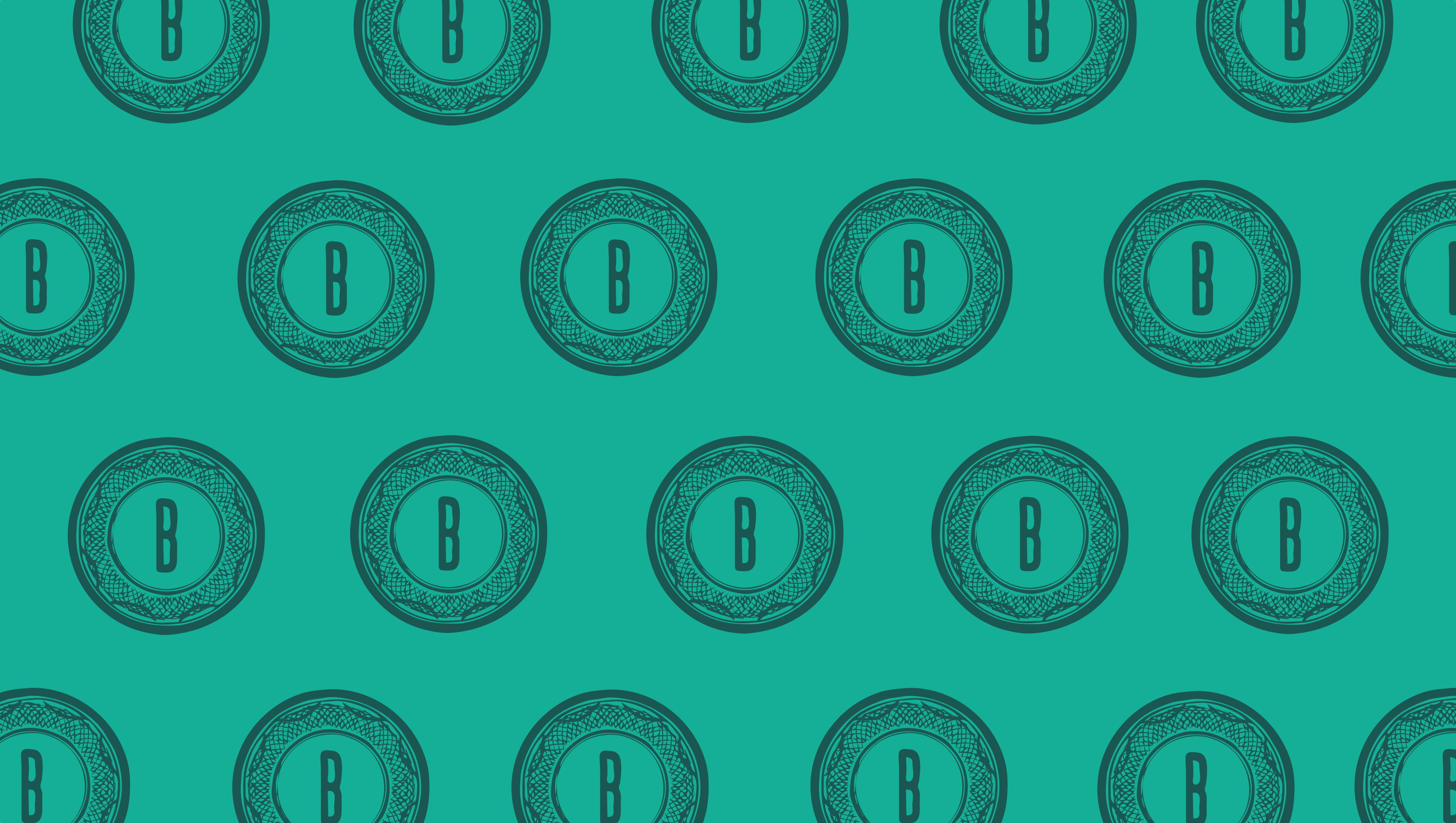
As of Friday 25th July we have published eight issues of Bertha stories - eight stories about the amazing people we support as well as a look into how we do our work at Bertha. In case you missed them, you can find the all the stories below!
|
|
Issue No.8: Musuk Nolte, The Geographies of Water Revolution in the house. Bertha House - to be specific - and reciprocity in action. |
|
|
Issue No.7: Reciprocity Revolution in the house. Bertha House - to be specific - and reciprocity in action. |
|
|
Issue No.6: Mother City Like it when folks are fighting for land and justice? Us too! |
|
|
Issue No.5: Sirens of Sewage Go underwater with Jason deCaires Taylor's Bertha Artivism project, Sirens of Sewage: arts activism that engages new and old audiences around Sewage Pollution in UK waterways and seas. |
|
|
Issue No.4: The Bertha Accelerator What do you get when you facilitate tailored space and time for activists from around the world to work on and learn more about their own and each other's work?
|
|
|
Issue No.3: The Land Dilemma During their 2023 convening the Bertha Challenge team facilitated the ‘Land Dilemma Day’ where Fellows and Alumni worked with members of the local community, land and housing activists and members from the local legal advice office to discuss a future development plan for a recently occupied piece of land in the area. |
|
|
Issue No.2: Lesotho Uncovered, Diamonds in the pockets of Government It was the day before Christmas when Pascalinah Kabi, in the office of Lesotho’s Centre for Investigative Journalism, loaded the final story of her investigative series onto their website. In this series, she focused on the drinking water of rural communities living in extreme poverty on the banks of ever-increasingly polluted drinking water. |
|
|
Issue No.1: Bertha Retreat, Radical Hospitality in Action June 15th 2023 marked the opening of Bertha Retreat in its new home, the York site on the Boschendal Farm. For the Bertha Retreat team ensuring the Retreat felt like the communities’ space was at the forefront of their planning, and the work they are continuing to do. |
Issue No.8: Musuk Nolte, The Geographies of Water
Oil spills, water planting, poisoned rivers and resistance. Musuk Nolte captured it all during his Bertha Challenge year.
Issue No.7: Reciprocity
Revolution in the house. Bertha House - to be specific - and reciprocity in action.
Issue No.6
Mother City
Like it when folks are fighting for land and justice? Us too!
The Mother City Documentary is a powerful narrative of an urban revolution in the city of Cape Town.
Issue No.5
Sirens of Sewage:
Like the Sea, We Rise.
Go underwater with Jason deCaires Taylor's Bertha Artivism project, Sirens of Sewage: arts activism that engages new and old audiences around Sewage Pollution in UK waterways and seas. Click below to see how he did it.
Issue No.4
The Bertha Accelerator.
What do you get when you facilitate tailored space and time for activists from around the world to work on and learn more about their own and each other's work?
Bertha Spaces, it turns out, is the perfect lab to explore what this looks like in practice.
Issue No.3
The Land Dilemma: from Occupation to Home.
During their 2023 convening the Bertha Challenge team facilitated the ‘Land Dilemma Day’ where Fellows and Alumni worked with members of the local community, land and housing activists and members from the local legal advice office to discuss a future development plan for a recently occupied piece of land in the area.
Issue No.2
Lesotho Uncovered: Diamonds in the pockets of Government.
It was the day before Christmas when Pascalinah Kabi, in the office of Lesotho’s Centre for Investigative Journalism, loaded the final story of her investigative series onto their website. In this series, she focused on the drinking water of rural communities living in extreme poverty on the banks of ever-increasingly polluted drinking water.
Issue No.1
Bertha Retreat: Radical Hospitality in Action.
June 15th 2023 marked the opening of Bertha Retreat in its new home, the York site on the Boschendal Farm. For the Bertha Retreat team ensuring the Retreat felt like the communities’ space was at the forefront of their planning, and the work they are continuing to do.
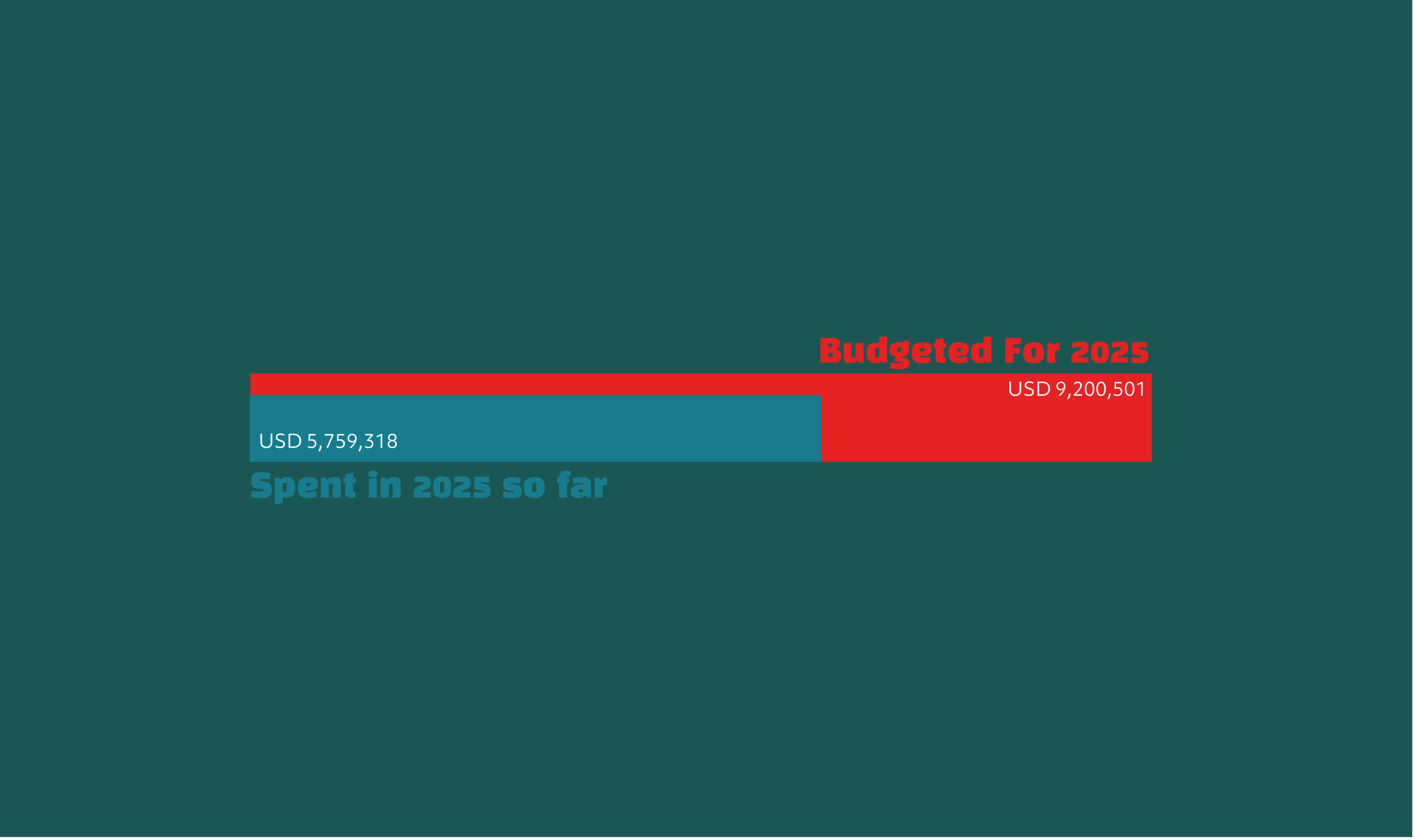
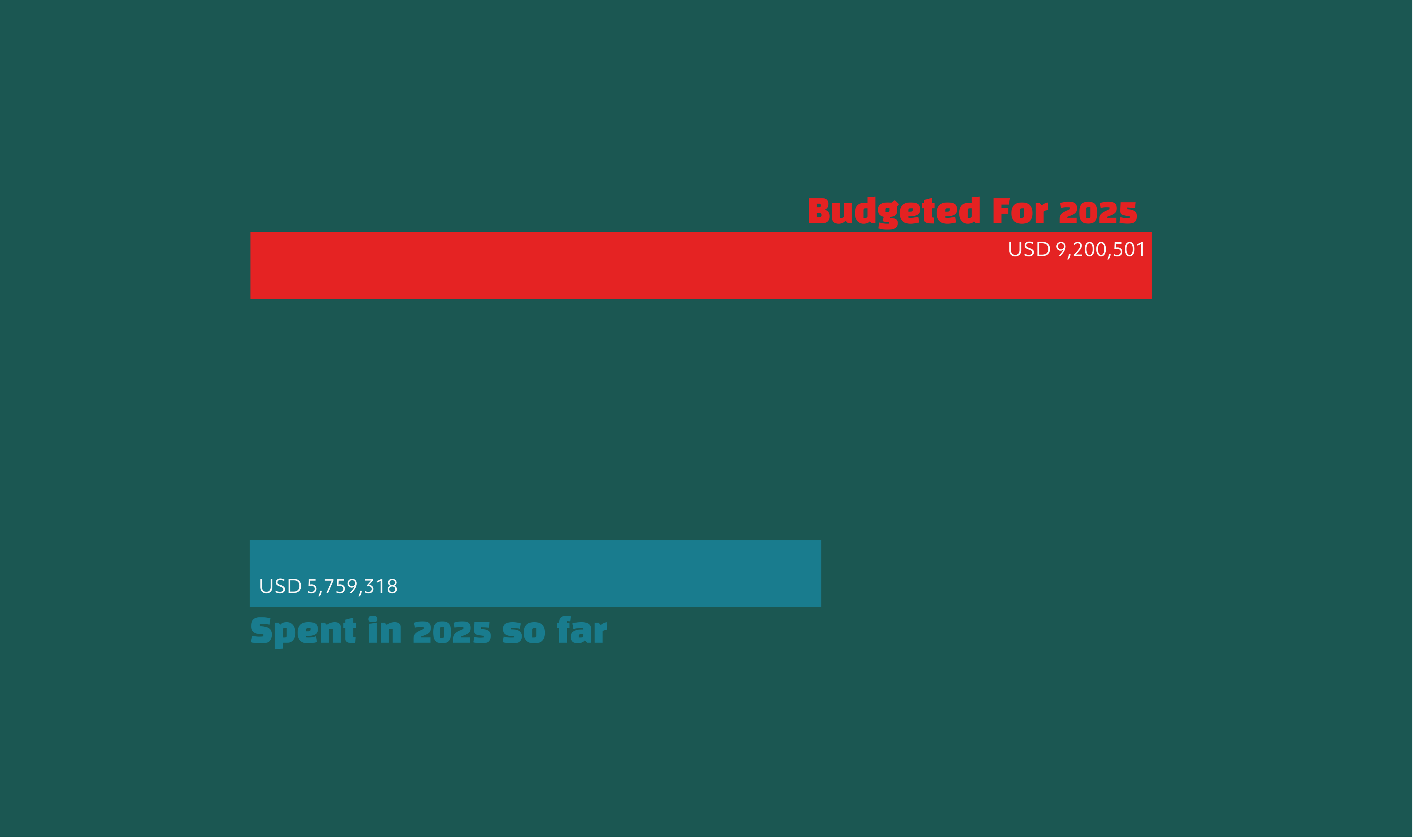
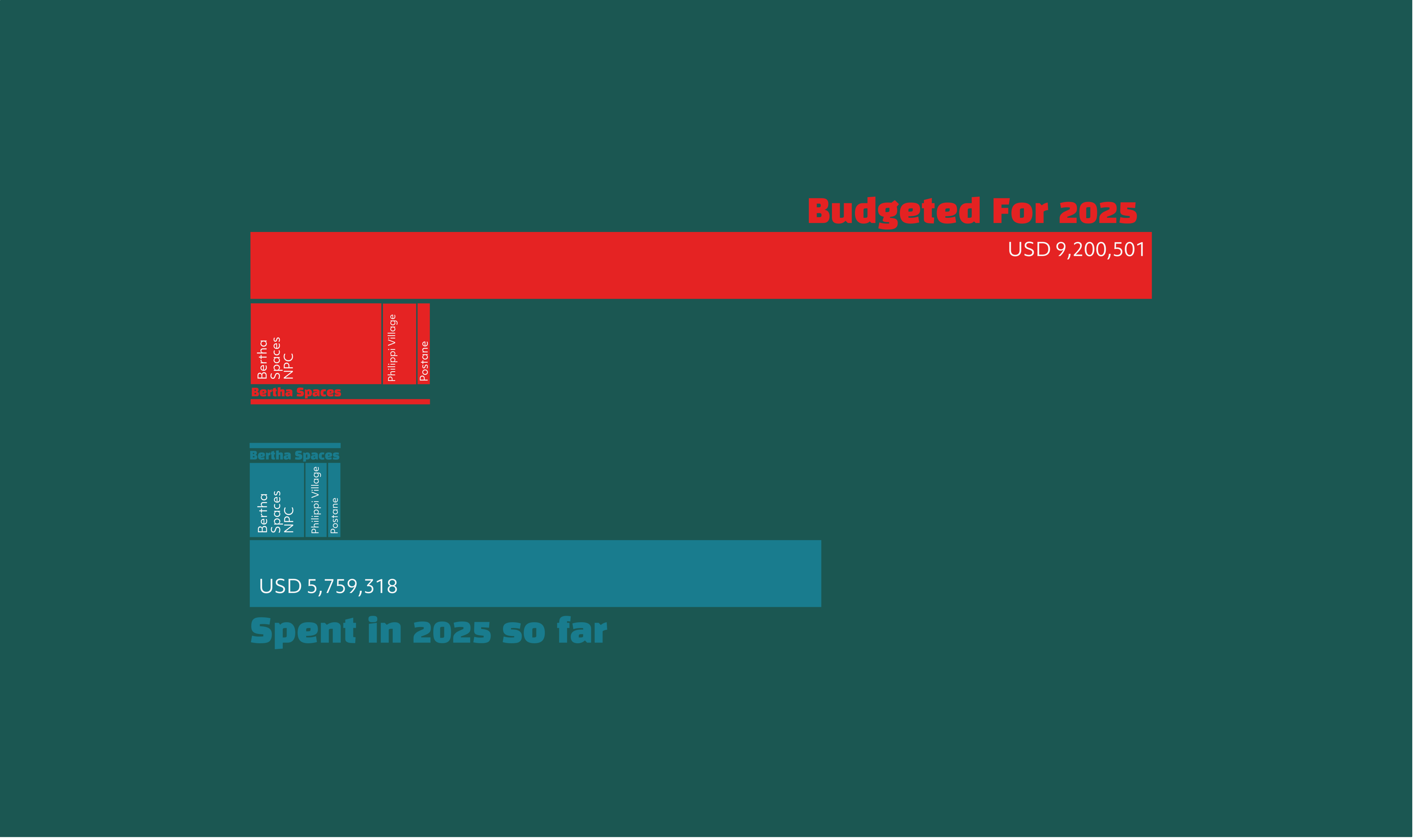
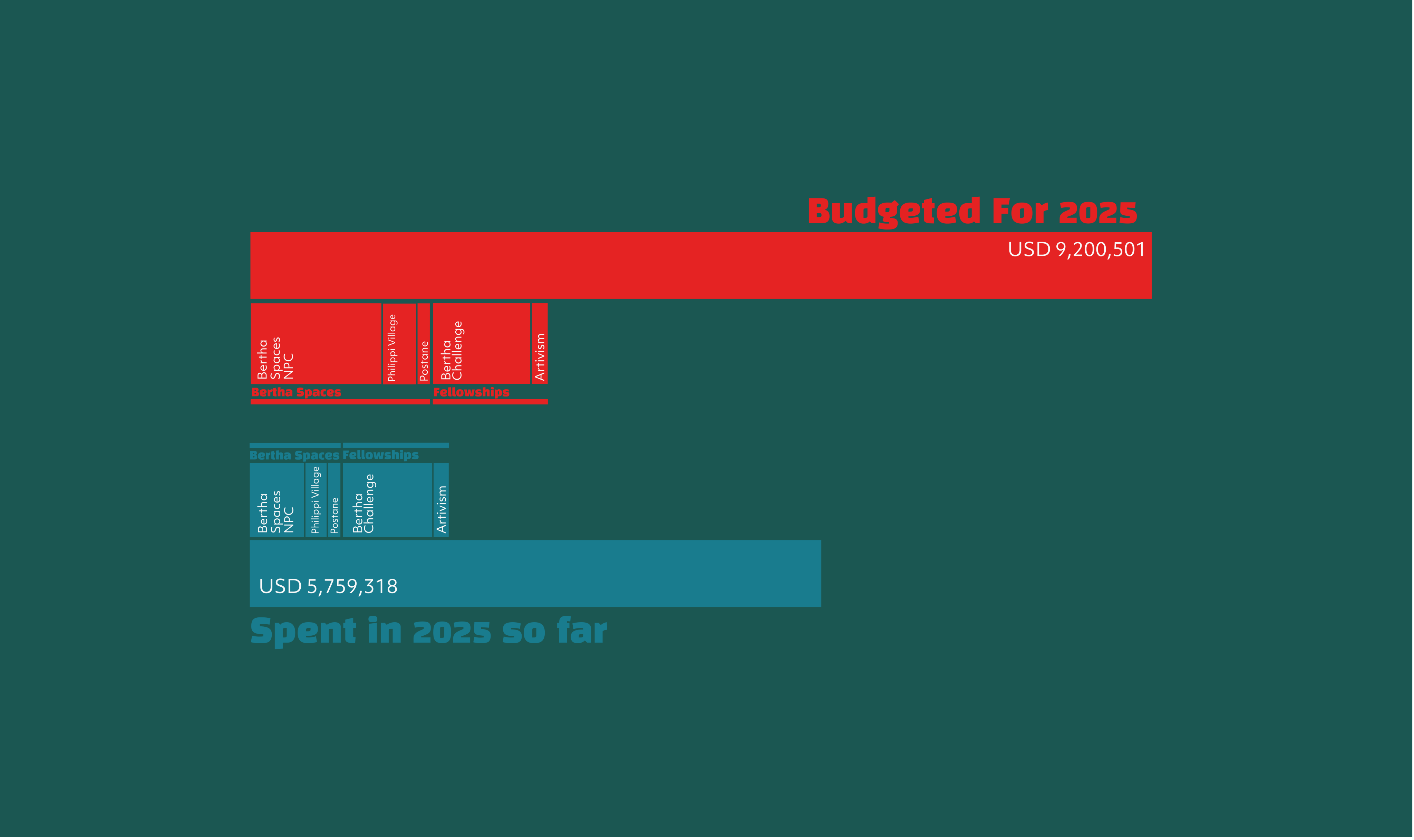
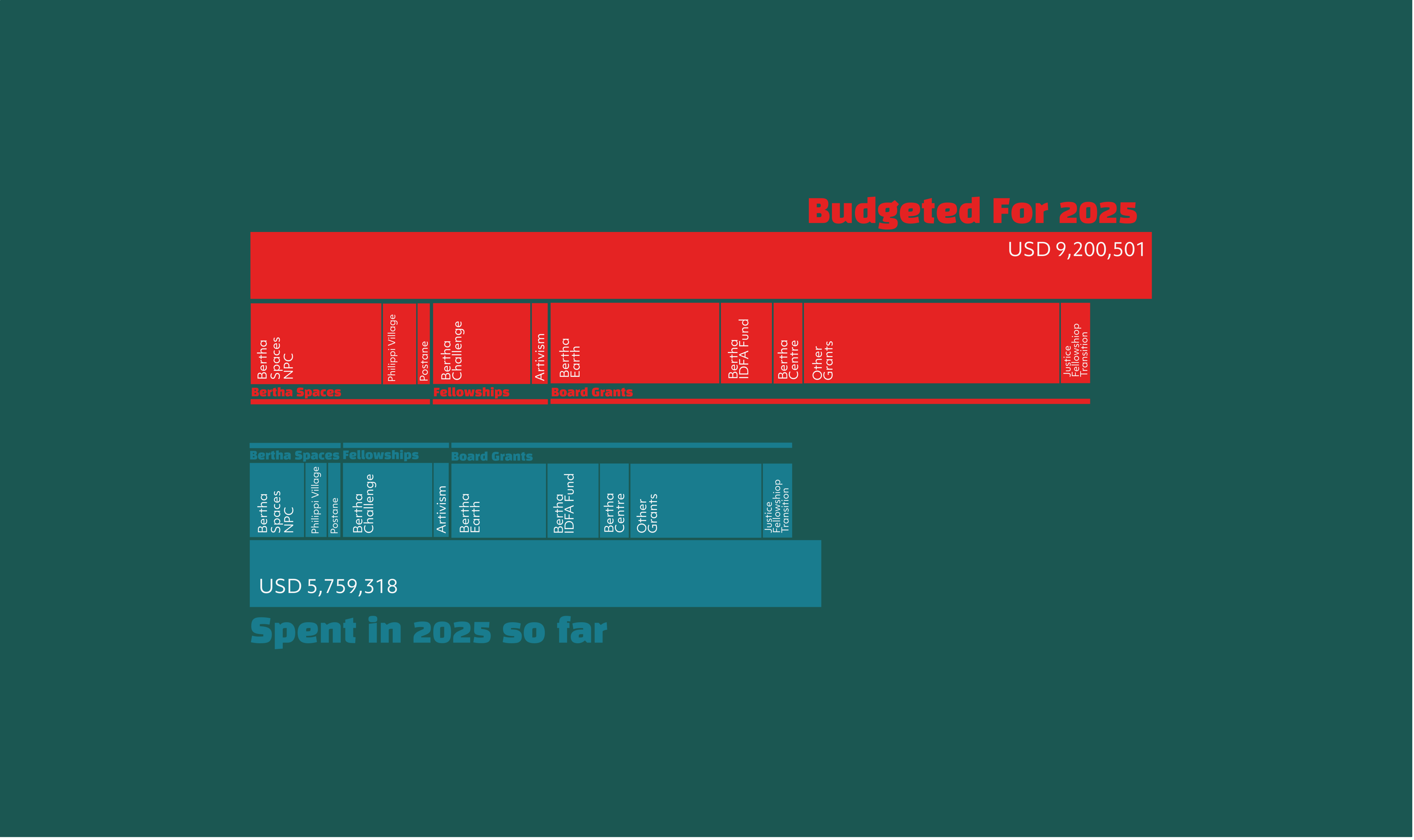
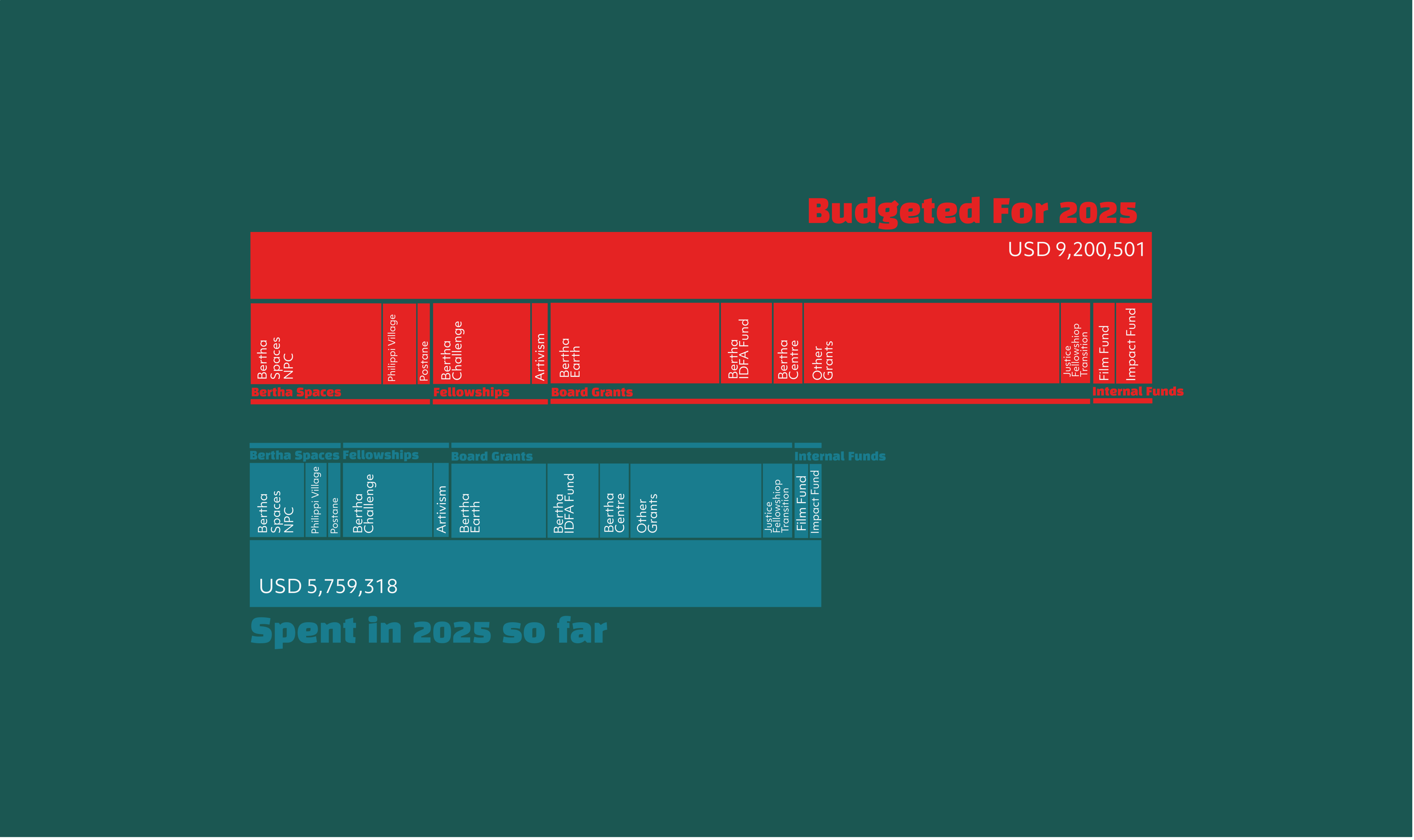
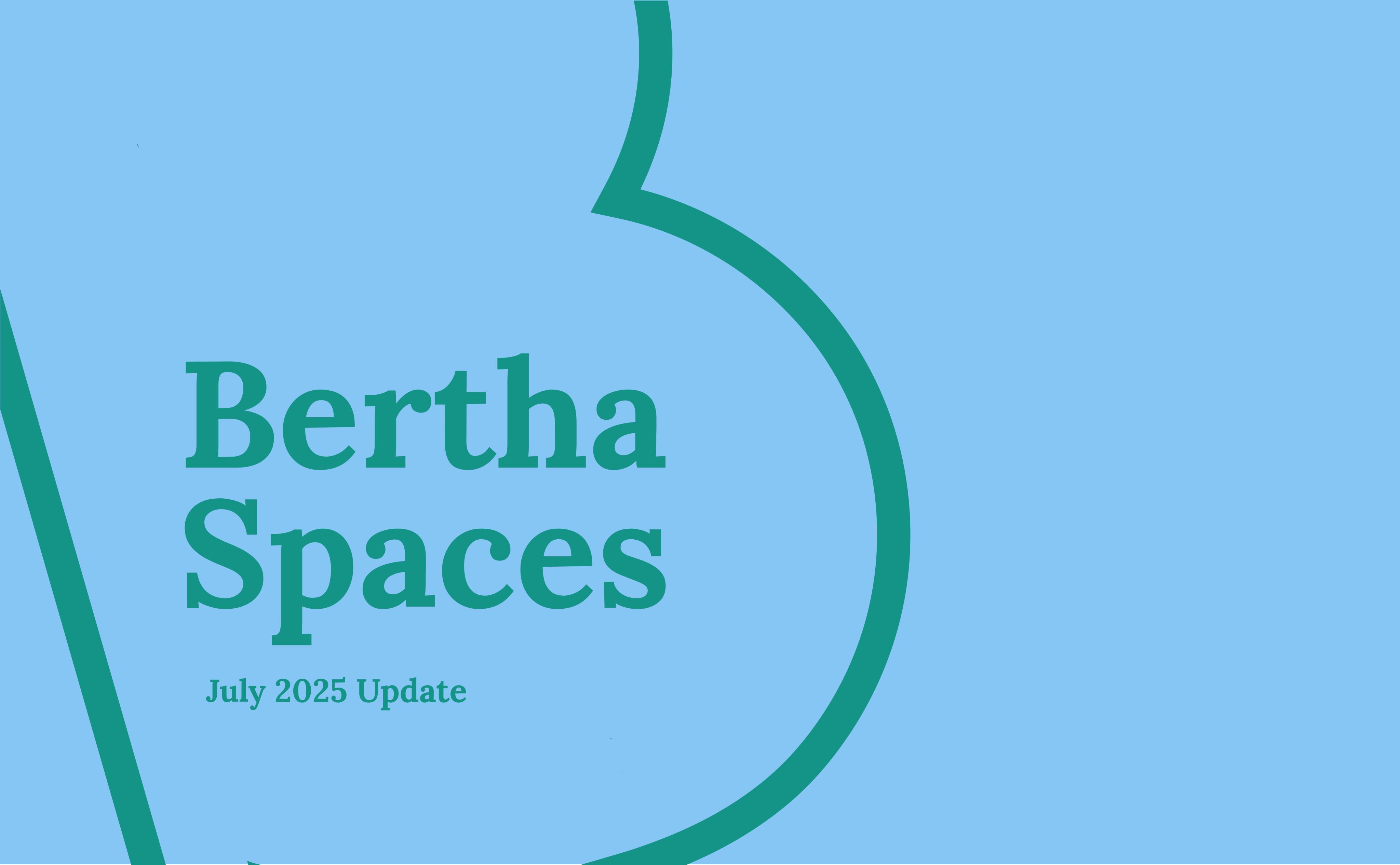
Bertha Spaces supports activists and communities working toward the Bertha Foundation’s vision of a more just world through access to physical spaces and opportunities for collaboration, learning and ongoing connections.
Bertha Spaces' Objectives for 2025
Our objective in focus this report:
Continue to grow Bertha Spaces into the go-to space for activism, community and all.
Bertha House and Bertha Retreat are united by our values of Radical Hospitality and making our spaces accessible to a cross-section of organizations and communities working to build a more just city, country and planet. One of the initiatives we’ve introduced to make this a reality is the Community Reserve Fund.
The Community Reserve Fund supports under-resourced activist and community groups to cover expenses associated with hosting events at Bertha Spaces. It is rooted in the knowledge that many people and groups doing impactful work know about and want to make use of our space, but lack the resources to bring events and programming to life. The Community Reserve is funded by the settlement made with Tshisimani Centre for Activist Education in November 2022: ZAR 13 million was set aside to support under-resourced communities and activist groups.
Bertha House
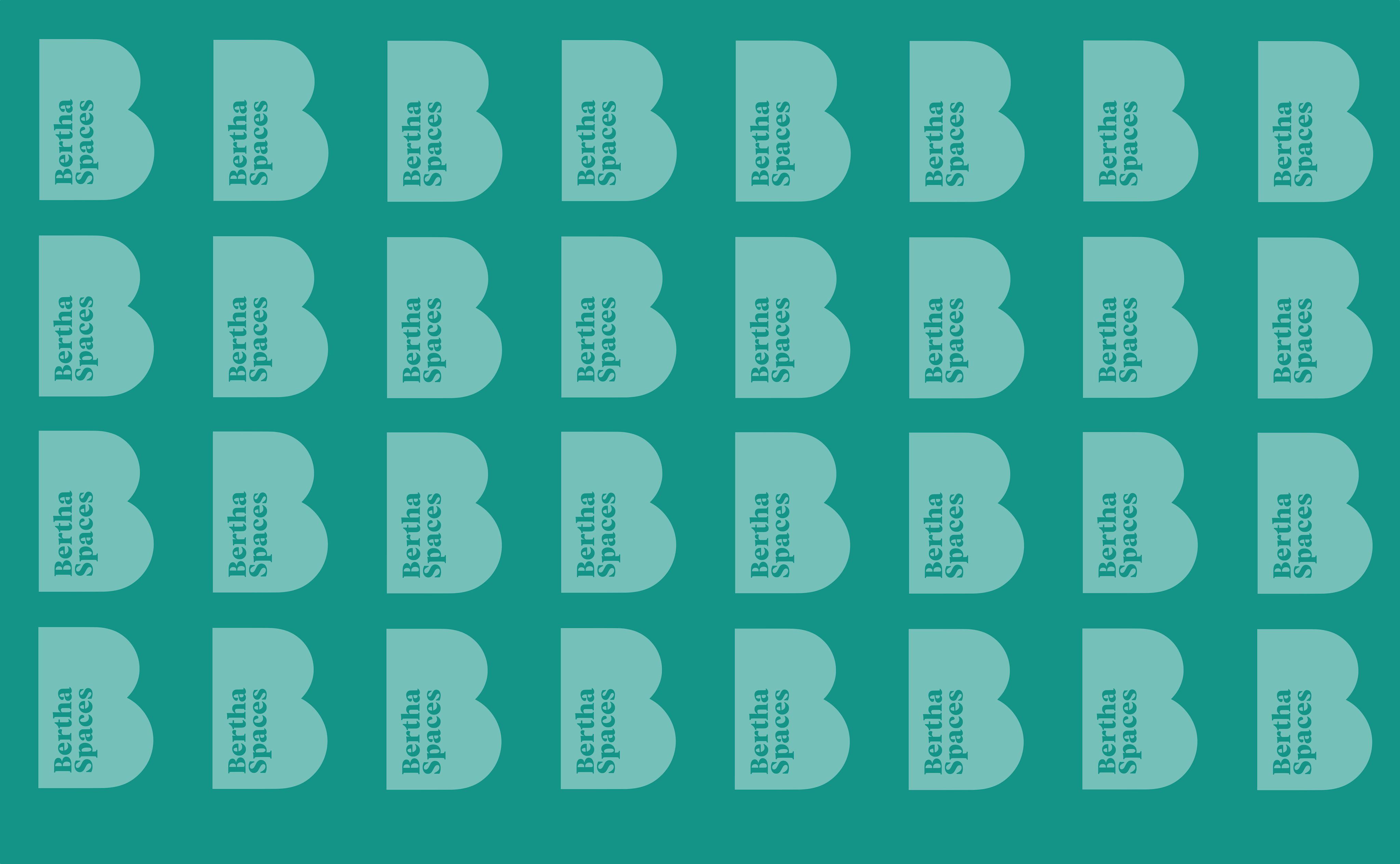
In 2024, we had an unprecedented and overwhelming response to the launch of the Community Reserve Fund. There are many organizations that need to utilize our space for much-needed social justice awareness. At the beginning of this year, the team reviewed the fund’s expenditure and identified gaps in the application process and management. They then worked to make the back-end process of receiving and reviewing applications smoother, clearer and easier to track.
With those updated systems in place, we officially reopened the 2025 Community Reserve applications in March. Since then, Bertha House has hosted 69 Community Reserve events, with approximately 2,093 people attending. Seventeen organizations and groups were new to Bertha House, illustrating that the Community Reserve is a pathway for new organizers, community initiatives and grassroots groups to find a home at Bertha House. Fifty-one applications have been approved for the remainder of the year.
One of the key moments of this year so far was running the Community Reserve Outreach event in May 2025. Previously, we have gone directly into communities to recruit people for the program with varying results. So this year, we partnered with others to help spread the word, and the results were incredible. Aunt Diedre (or “Didi”), a respected community leader from Manenberg, along with the team from Umthombo Wempilo — a grassroots organization working with youth from the Cape Flats areas — helped us bring in people from Manenberg, Mfuleni and Philippi. On the day, 30 participants took part in the outreach. These included community-based football teams, youth groups and local community workers. To support those who may not have regular access to the internet or computers, we provided on-site application support. Thanks to that, over 25 applications were completed on the spot.
Literacy and access to wifi, smartphones and emails still continue to be barriers with some of the communities that we deal with on a day-to-day basis — therefore, people struggle to fill in the forms and we’re constantly trying to find ways to overcome this barrier.
Bertha Retreat
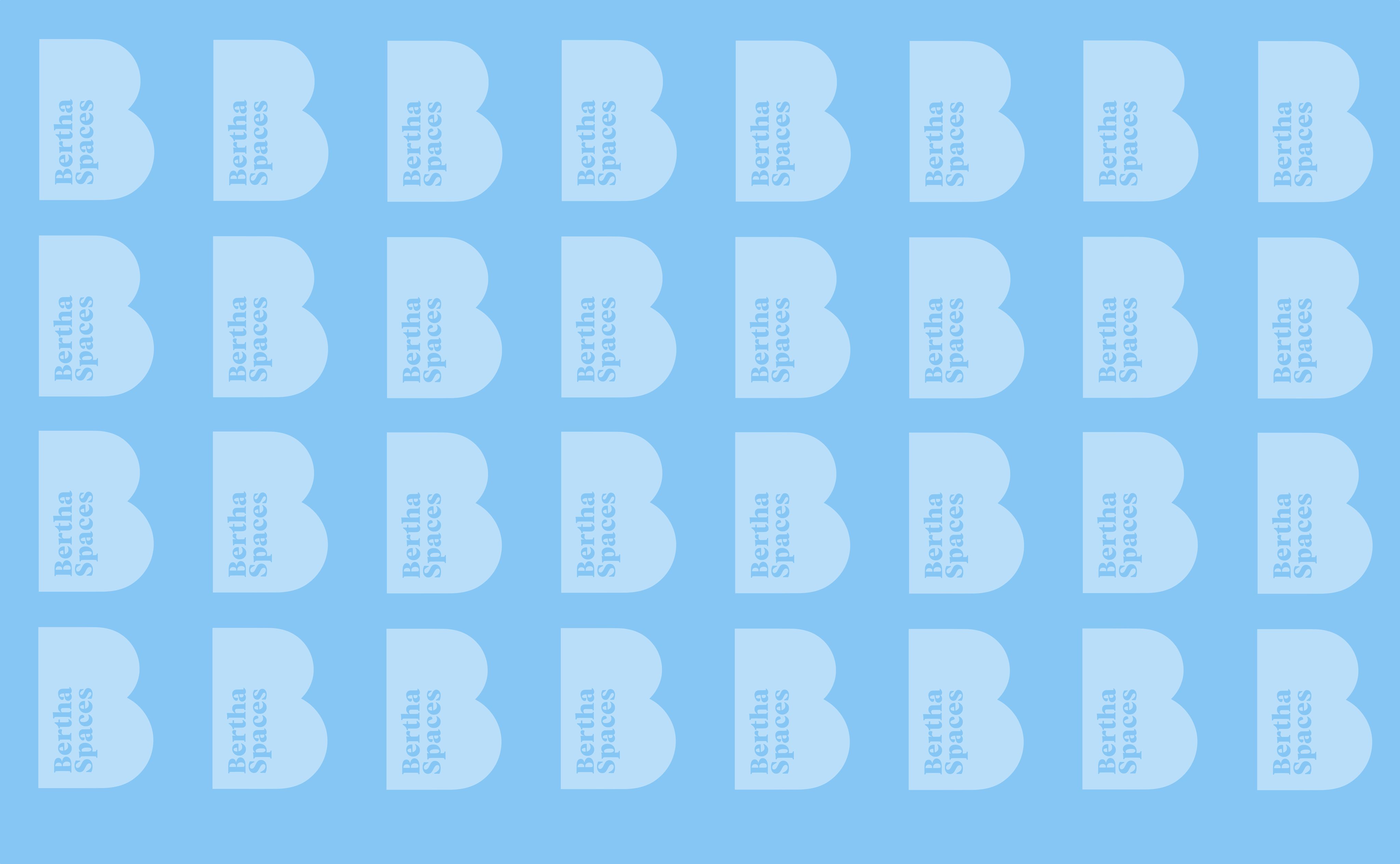
In April 2025, the Community Reserve was launched at the Bertha Retreat with over 50 people attending the launch event. The Reserve at the Retreat supports activist and community groups who have an interest in using the space but lack the financial resources to do so. To qualify, groups must be not-for-profit and have an annual budget of R1 million or less.
For day visits, only organizations based in the Dwars River Valley can access the fund. For 3-day and 2-night stays (the package we offer), organizations outside of the Valley can access the fund as well. So far, two groups have used the space overnight; in April, the NGO Uthombo Wemphilo spent a weekend implementing their women empowerment program for youth from the Cape Flats, aiming to strengthen mental health. The local primary school in the Dwars River Valley, PC Peterson, also held their teachers and school governing body strategy and planning weekend.
Currently, the Bertha Retreat team is thinking through ways to directly approach Dwars Rivier Valley organizations or groups to see how they could utilize the fund for day visits.
Next Steps for the
Community Reserve Fund
This year, we are placing a strong focus on sustainability; refining the budget, criteria, the application process and systems that support the Community Reserve.
We want the Community Reserve to continue for the next seven to ten years, and so we must be thoughtful and strategic in how we disperse the settlement funds, as they are finite — we are learning as we go and it feels like we are starting to get a strong hold on how to manage this growing and very needed program.
We believe that the Community Reserve Fund plays an important role in challenging spatial injustice and making sure that groups that have historically been excluded from resourced, well-equipped spaces can now access them freely.
The Bertha Challenge
August 2025

The Bertha Challenge is an opportunity for activists and investigative journalists to spend a year working on one pressing social justice challenge and to deliver a body of work at the end of the Fellowship year.
Bertha Challenge Objectives for 2025
Our objective in focus this report:
We collect and communicate information about the impact of the Fellowship and actively use this information to strengthen the programme's capacity to meet our other objectives.
We are reshaping our program structure for 2026 to ensure that we choose the best Fellows and support them to deliver their most impactful work to their communities.
One of our objectives is to hold radically open and frank discussions examining the Bertha Challenge program and questioning whether the structure of our program is still ideal to support Fellows to grow and produce impactful work that speaks clearly and directly to the Bertha Challenge theme.
A key finding from the Monitoring and Evaluation process that we undertook in early 2025 was that there is a strong interest from Fellows for an increase in structured learning opportunities and, additionally, a real appetite from alumni for continued engagement and cross-cohort connections beyond the Fellowship year. Living up to the Foundation’s ethos of building our aeroplane mid-flight, this is something that we have been exploring with the 2025 cohort.
We are also now working on an exciting expansion of the alumni engagement component of the program for 2026 that will pull in some of the extraordinary members of our growing network of almost 100 alumni to work with the new cohort of Fellows. We are developing a tailored Action Learning Set structure that will provide dedicated time for Fellow-led reflection and learning. Our Action Learning Sets will be led by alumni, who bring specific, relevant expertise, as well as an understanding of the program. Alumni will receive training on facilitating the Action Learning Sets, in addition to ongoing support and guidance from the Bertha Challenge team. They will meet with their group of Fellows for at least two hours every month and facilitate an action-oriented group discussion on specific challenges that Fellows face with their projects.
The alumni-cohort learning program is one of several significant changes that we are making to the Fellowship for 2026. We have also opened applications to filmmakers and lawyers, as well as broadened the Bertha Challenge question beyond a focus on the climate crisis.
Bertha Challenge Alumni at the next Bertha Accelerator!
For the first time, we have offered five scholarship places to activists and investigative journalists from the Bertha Challenge alumni network. Alumni were selected based on their work and cohort engagement during their Bertha Challenge year, the project that they proposed to bring to the Accelerator and the diversity of experiences and skills that they will share with the group. Scholarship places were awarded to alumni from across three cohorts, who collectively bring skills in investigative work, podcasting, photography, social media content development and using the law for activism. We are excited at this opportunity to connect participants from across Bertha’s programs and look forward to seeing how these connections evolve during the Accelerator.
The Bertha Accelerator is a yearly residency program bringing together global change makers - activists, journalists, artivists and non-profit workers to reflect, connect and deepen their work through storytelling. This year the accelerator, taking place at Postane from 16 to 26 August 2025, focuses on the power of communication for social change in a vibrant setting rooted in activism and community. This is the second Bertha Accelerator to be organized and we have an amazing 18 participants attending! For this Accelerator our goal was for 10 of these spots to be paid for, and we're extremely happy to share that 11 participants paid to be a part of this residency program.
The Bertha Artivism Awards
August 2025

The Bertha Artivism Awards is a global funding opportunity for activist artists, arts collectives and organizations around the world to use the arts as a Call to Action – to nonviolently instigate measurable change in a community.
Bertha Artivism Objectives for 2025
Our objective in focus this report:
Foster engagement and connection
between Bertha Artivists and Bertha.
For the Artivism cohort, the last few months have been a busy time; some are deep into planning for their projects, while others have had their main activities take place already.
As part of our efforts to build connections among Bertha Artivists, we caught up with them on 10 July at our mid-year online convening. During the convening, we got to know each other better, the Artivists shared updates on their projects and spoke about some of the challenges they have faced along the way.
We heard from Ana María Arevalo Gosen how the Dominican Republic’s increasingly draconian and racist migration policies — which has resulted in young women who are still in hospital after giving birth being deported — has led her to increase her focus on Haitian migrants in her project, Abuelas con 30 años (Grandmothers at 30), which focuses on the issue of teenage pregnancy and reproductive rights.
Babatunde TRIBE is still in the planning stages of their planned multidimensional exhibition, but described how the workspace they were able to establish in Lagos with Bertha Artivism Awards funding has become a safe space not just for artists from the LGBTQI community, but also for other marginalized groups, and is helping to build networks of solidarity.
We were also joined by Lauren Groenwald, who will be editing the final films with the material provided by the Bertha Artivists. Towards the end of 2025, we will bring all the Artivists together again to share on their projects and reflect on the year.
This is a video. Press play!
Bertha Artivists Proyecto Muyuna constructed a floating screen in Iquitos, Peru as part of their annual jungle-based film festival promoting the defense of territory, living culture and community communication. The film festival is held in the floating neighbourhood of Belén, where sometimes the streets are river and sometimes not. Take a look at their beautiful website to find out more.
Bertha Artivists Proyecto Muyuna constructed a floating screen in Iquitos, Peru as part of their annual jungle-based film festival promoting the defense of territory, living culture and community communication. The film festival is held in the floating neighbourhood of Belén, where sometimes the streets are river and sometimes not. Take a look at their beautiful website to find out more.
Info & Comms
Accountability & Stewardship of Funds
August 2025

Accountability & Stewardship of Funds Objectives for 2025
Bertha Impact Fund provides
short term funding for social justice impact
The Bertha Impact Fund is designed to support our network with short-term, responsive funding that helps movements to take advantage of opportunities for impact that arise in the course of their work.
Following a quiet year in 2024, one of our objectives for this year is to increase the uptake of this support. In an effort to reach further into our network, we updated the guidelines for the fund and opened it up to organizations and groups who can be referred to us by staff, trusted partners and Spaces in our network, as well as grantees and program alumni.
The criteria for projects supported was also revised to:
Projects that foster collaboration among and between Bertha grantees, Fellows, Alumni and partners – on a specific and clearly defined project.
The incubation of new networks, ideas and ways of working - to lay the foundation for future movements and social justice impact.
Deepening impact and amplification of work projects that have already had success and will benefit from an additional boost.
Creative interventions responding to a political moment.
We have already seen the uptake of the fund increase with some amazing projects coming through the pipeline and 53% of the allocated budget has been spent to date.
Projects in recent months include:
- Defend our Juries - we supported the Free Political Prisoners campaign and the Filton 18 - a group of Palestine Actionists who were arrested for their alleged involvement in the temporary shutting down of an Israeli weapons factory in Bristol.
- Xa7tus Advocacy Society (not a typo, we promise) - We supported the effort to gather and collate essential and compelling genealogical evidence to challenge the ongoing ethnocide of First Nations in Canada, specifically targeting the unilateral additions of individuals to Band membership list of Upper Similkameen Indian Band (USIB) by the Canadian Federal Government through its department of Indigenous Services Canada (ISC).
- Pascalinah Kabi (2022 Bertha Challenge alumni) - We supported an investigation into how Lesotho — one of Africa’s least industrialized and socially marginalized nations — became caught in the geopolitical crossfire of the U.S.-China trade war.
Provide accountability and governance
support to key grantees
Over the last several months, Sarah, Bertha’s Grants Manager, and Sammy, Bertha’s Communications Manager, have been working closely with Philippi Village (PV) - a long-term grantee of the Foundation.
A big shift is happening at Philippi Village; they are moving from relying on a business/tenanting funding model to instead focus their efforts on a fundraising model — this has meant their data management, impact reporting and communications approach requires an overhaul to match this shift. Sarah has been working with PV since 2024 to help streamline data collection processes and establish a framework for impact reporting. Initially, this work was intended to enrich PV’s reporting to its board and external stakeholders; now it can also be applied for fundraising purposes, strengthening PV’s case for support with numbers that illustrate its impact.
Earlier this year, the PV team arrived at a point where they were ready to start working on comms; this is where Sammy’s work with them began. The objective of this work – which is still ongoing – was to develop communications pieces, as well as a strategy and planning tools, so PV can fulfill its new primary communications objective: to raise funds to support Philippi Village’s operating and running cost.
In April, Sammy started the process of defining in a shared language who Philippi Village is, who they serve, what Philippi Village does and how they do their work. Alongside this, Sammy also needed to discover what is unique and inspiring about PV, as well as what potential funders should know about the space and the team. From May to June this year, Sammy interviewed key stakeholders, mapped out the findings, and from this developed a draft pitch deck, a communications guide and three workshops for the PV team. All in preparation for the next step in the process: working with the team in person. Alongside this, Sarah continued to work with the Philippi Village team around their data management, and how this can inform and supplement their funder communications and be used in impact reporting.
In July, Sarah and Sammy went to South Africa to have focused time with the PV team and work on developing their data and communications strategy further. They ran four workshops with the team:
The Philippi Village Comms Guide: A detailed look at the findings of the interviews Sammy conducted with the team, and the Comms Guide that has been drafted from it. In this workshop we went through the guide section by section so that the whole team had input into the final document. We also discussed the tone and personality of PV’s communications moving forward.
Getting on Funders Radars: Reviewing what PV’s ‘asks’ are, how communications can be tailored to these, and how data can support the case for support. This involved some practical tasks in looking at how other NGOs communicate and the types of funders that PV can work with.
Comms Tools Development and Communicating with Audiences: Answer questions like; how can stories be used effectively in PV’s comms? Introducing scoping tools and how this can be used as a base for planning different communication pathways (e.g website, social media). How does data complement/enhance PV comms?
Data Recap: Revisiting the data project that was started last year and troubleshooting issues with the processes that were put in place. We reviewed PV’s impact reporting to ensure it was well aligned with the new Comms tools that Sammy developed with the team.
Next Steps
From this, Sarah and Sammy have supported the PV team in developing their communications strategy further, produced a final version of the communications guide for the team to use, developed a pitch deck that the team can use and tailor and developed and introduced comms tools and resources for the team to use. Next, we will focus on implementing these tools and learnings to get Philippi Village to a point where they do this work without the support of Sammy and Sarah.


































 Built with Shorthand
Built with Shorthand